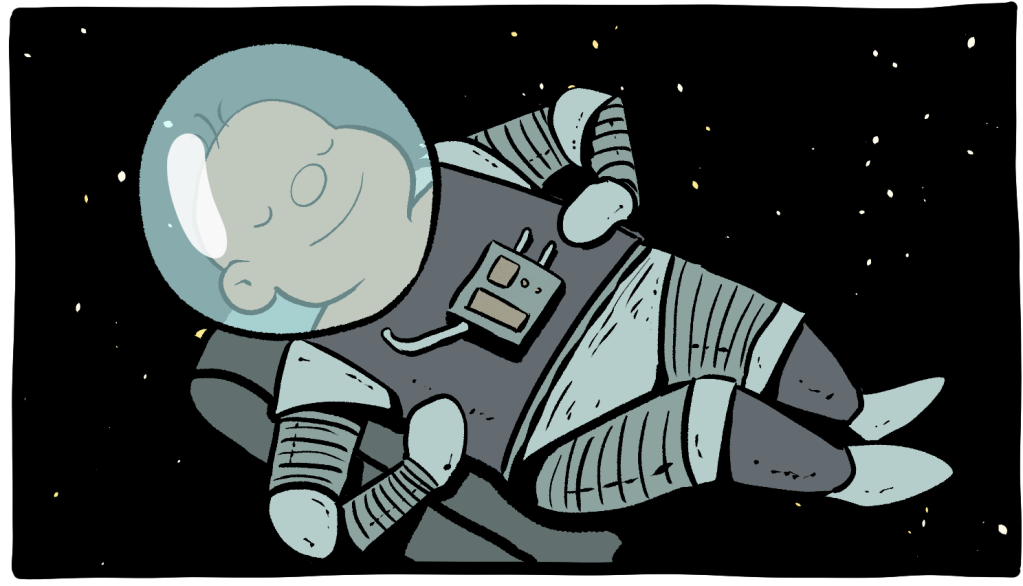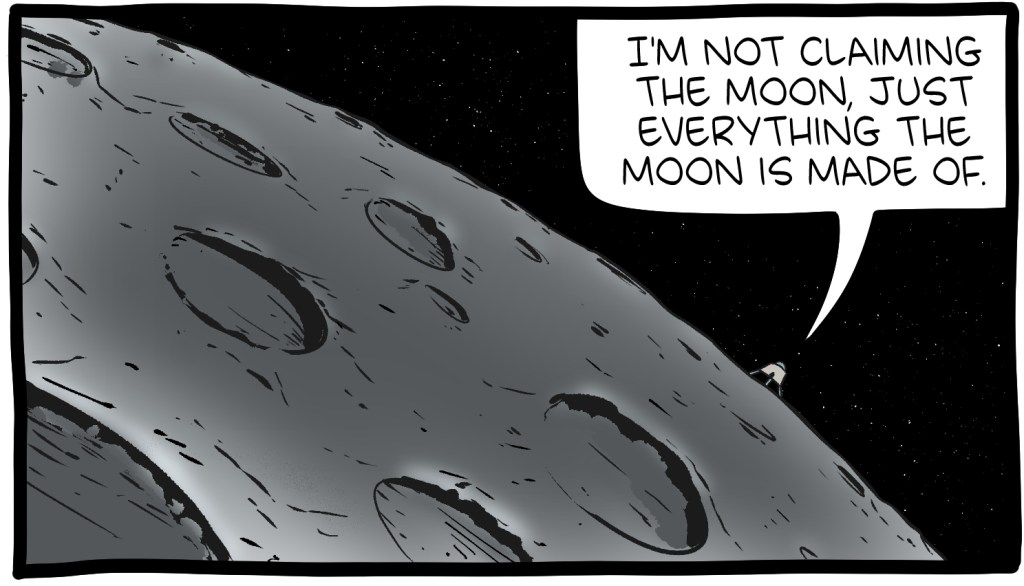Humanity’s To-Do List Before Settling Space: A Guest Post by Kelly and Zach Weinersmith, authors of A City on Mars
Humanity is closer than ever to settling a second world.
Or at least that’s what we thought 5 years ago, when we started research for A City on Mars. Turns out there is a lot of work left to do, and if you gave us billions of dollars (pretty please?) – here are the fields we’d be throwing money at:

Track 1: Ecosystems
Space is awful, and requires living in a sealed bubble to protect the delicate humans from dangers lurking outside. It’s also difficult and expensive to do things like gather drinking water, provide nutrients for plants, and keep the air breathable – so we’ll need to get really good at recycling what we have.
The largest ever experiment in “closed-loop ecology” was Biosphere-2, which housed 8 people for only 2 years. Problems included running low on oxygen, venomous scorpion stowaways, crew members splitting into factions and spitting on each other, and weight loss ranging from 10-18%. It’s gonna take some work to scale up to city.

Track 2: Human Reproduction
We don’t know if humans can safely have babies in space, but there are lots of reasons to worry it won’t go great. The Moon and Mars have less gravity than Earth, which could impact things like bones and muscles. They are also exposed to space radiation, and are covered in jagged fine soil that may harm lungs. On Mars the soil is also laden with hormone disrupting chemicals. That’s probably not ideal for developing children and teens.
Without knowing a lot more about the dangers of reproduction and development in space, a settlement on Mars is effectively needless human experimentation. We’d love to see research stations on the nearby Moon where we study rodents for generations to confirm everything is going OK before humans start having babies in space.

Track 3: International Law
International space law is unclear on some topics that will be critical for space settlements. For example, it forbids nations from claiming parts of space, but under many nations’ interpretation, pretty much anyone can use any space resource for anything. Can Jeff Bezos claim the Moon? No. Can Jeff Bezos extract the limited amount of water trapped in the Craters of Eternal Darkness, and sell it as rocket fuel – depriving future space settlements of this critical resource? Quite possibly.
More seriously, the law we have may be conflict-prone in a world where it’s easier to access space. The Moon is big, but only a tiny portion of it has both access to water and ample sunlight for solar energy. A significant percentage of the best spots could be occupied simply by plunking down a few large bases, possibly leading to a turf war between nations, including nuclear powers like the US and China.
We can work to create an international framework that regulates all this for peace and safety, but it’ll take time.
But we’re optimists, so let’s get to work!